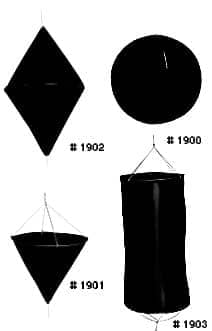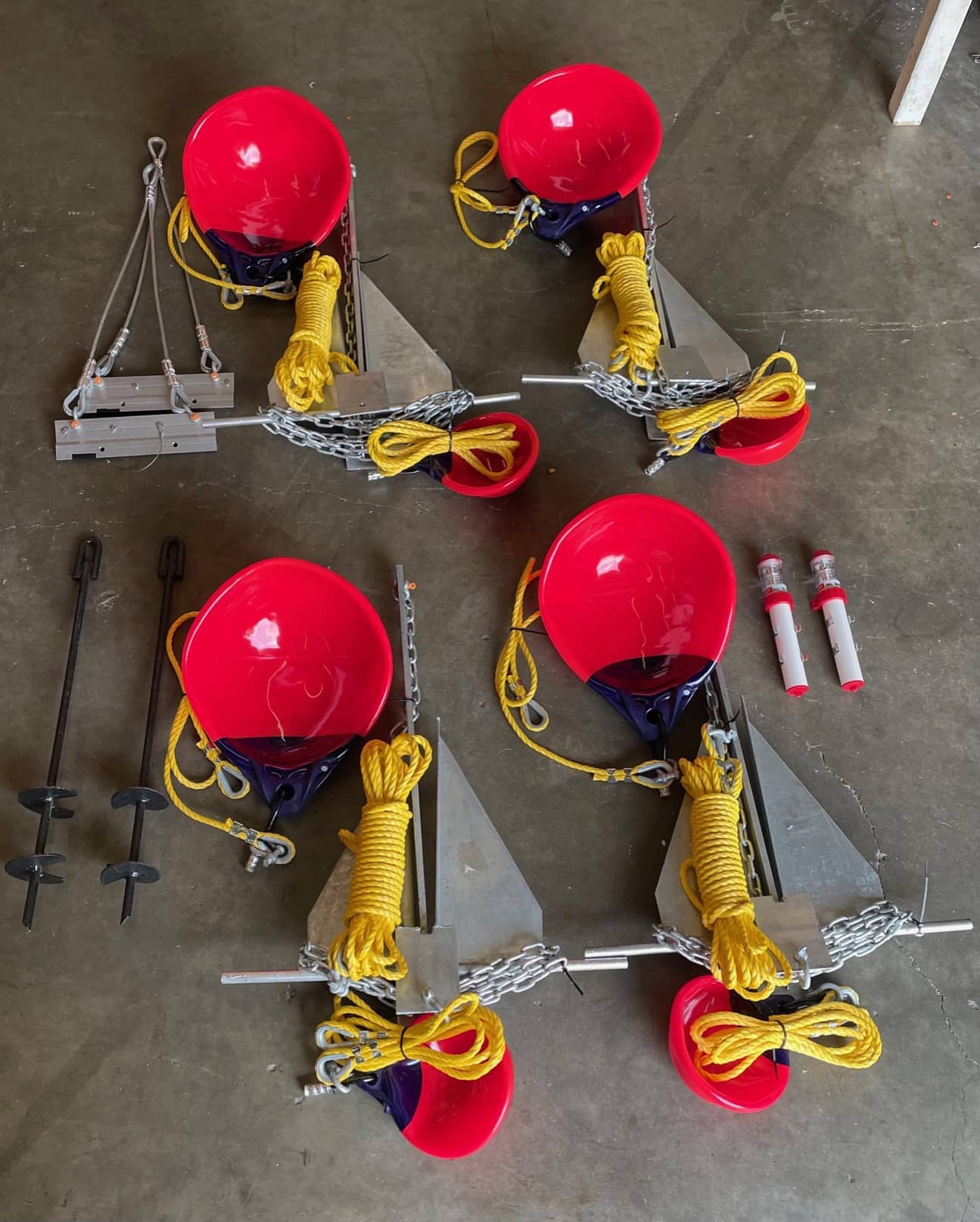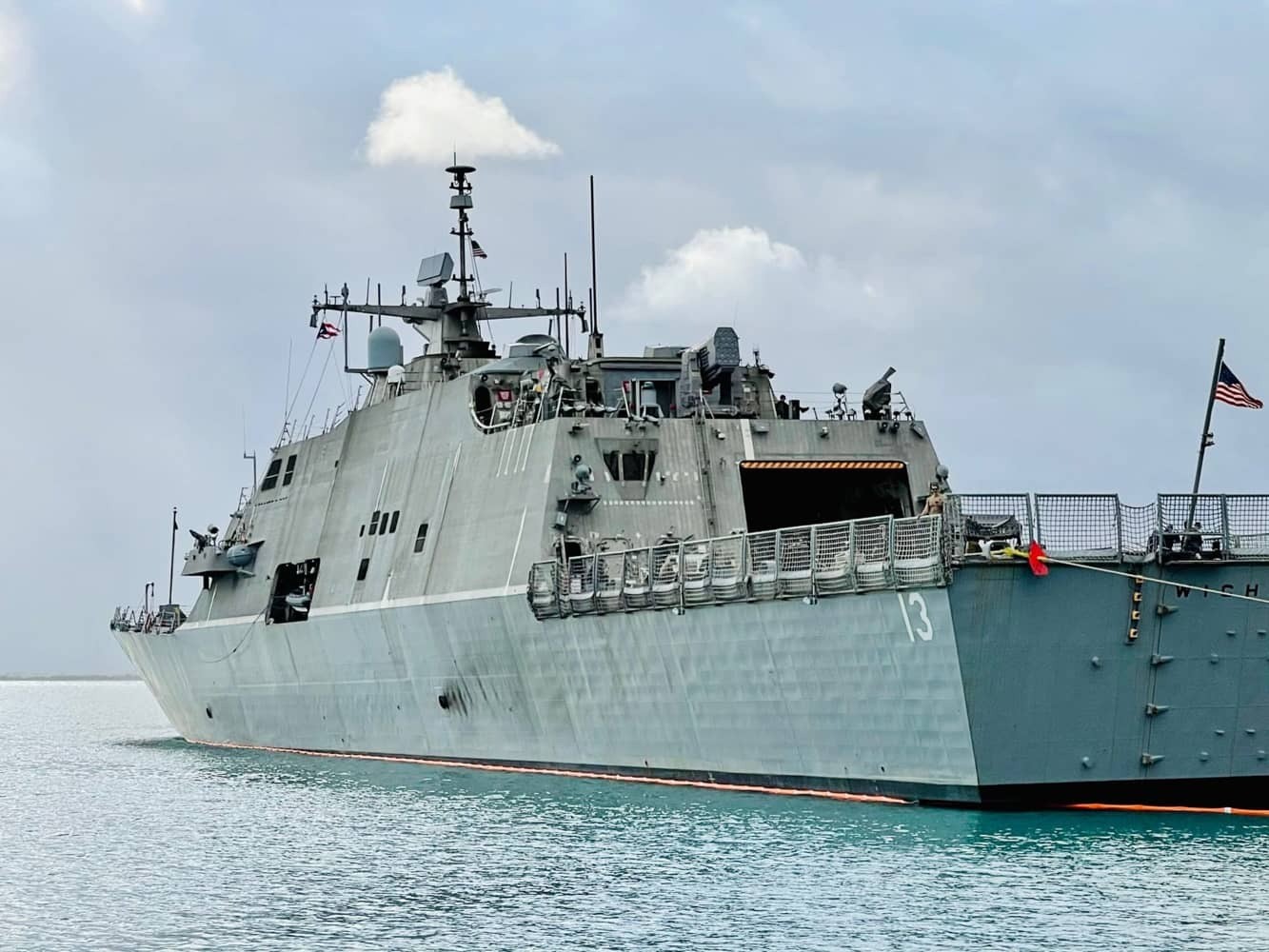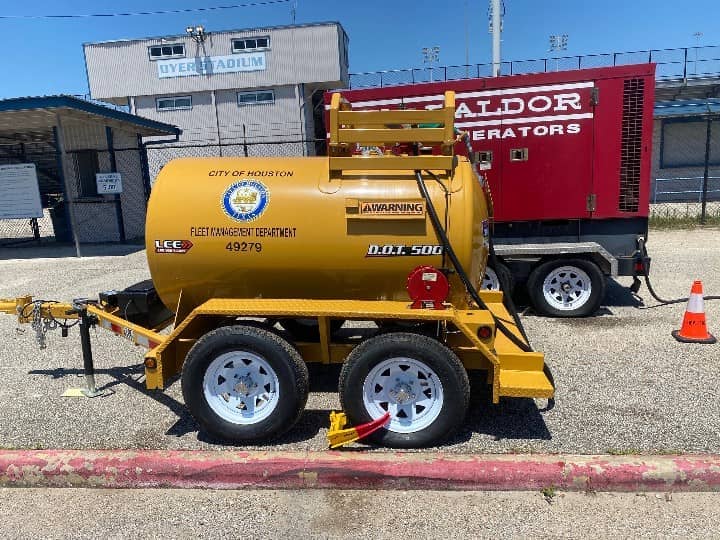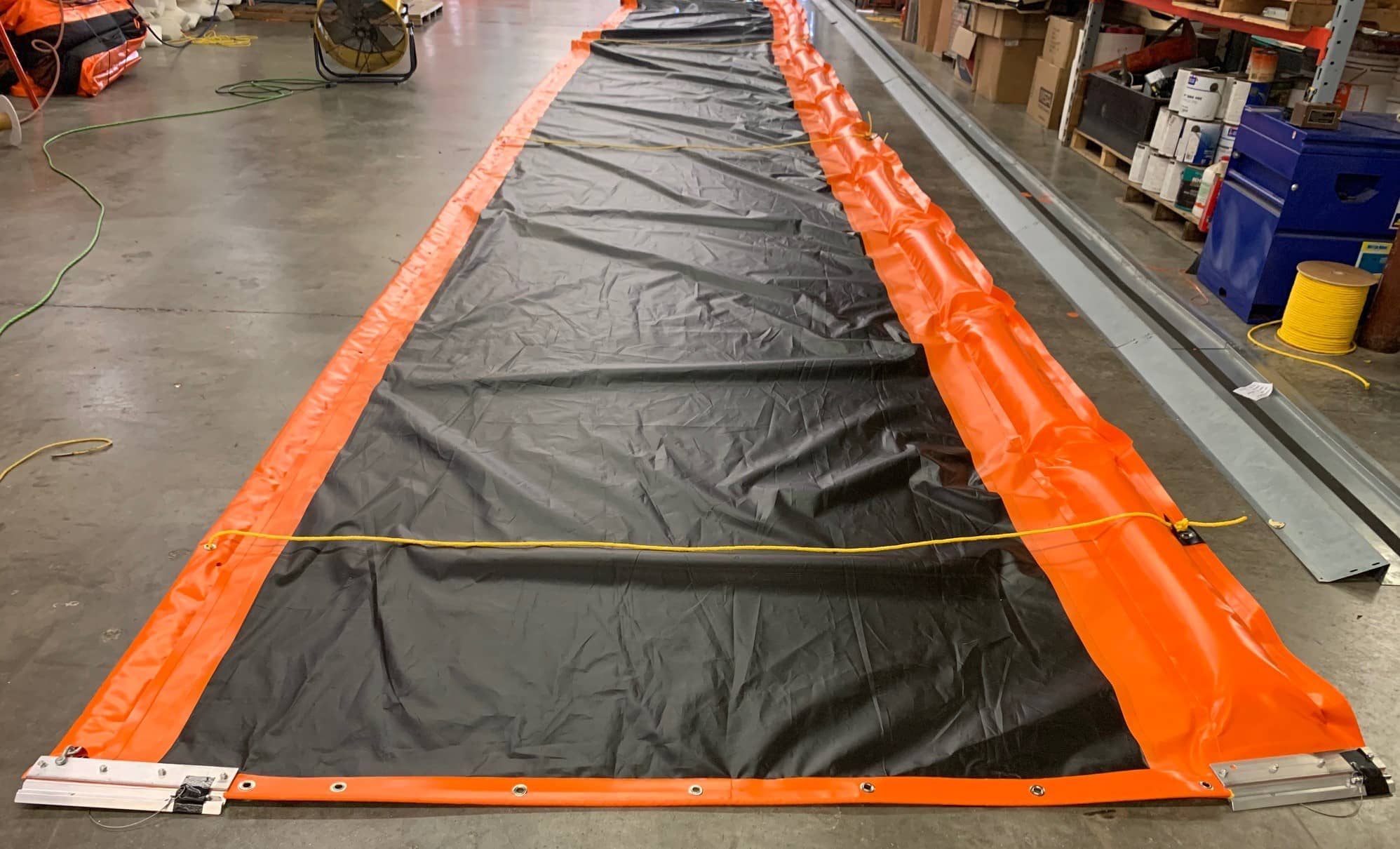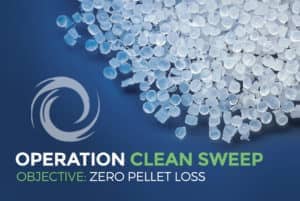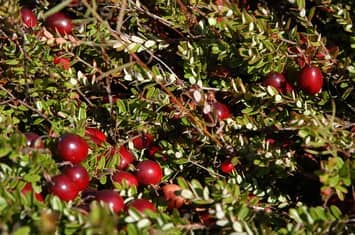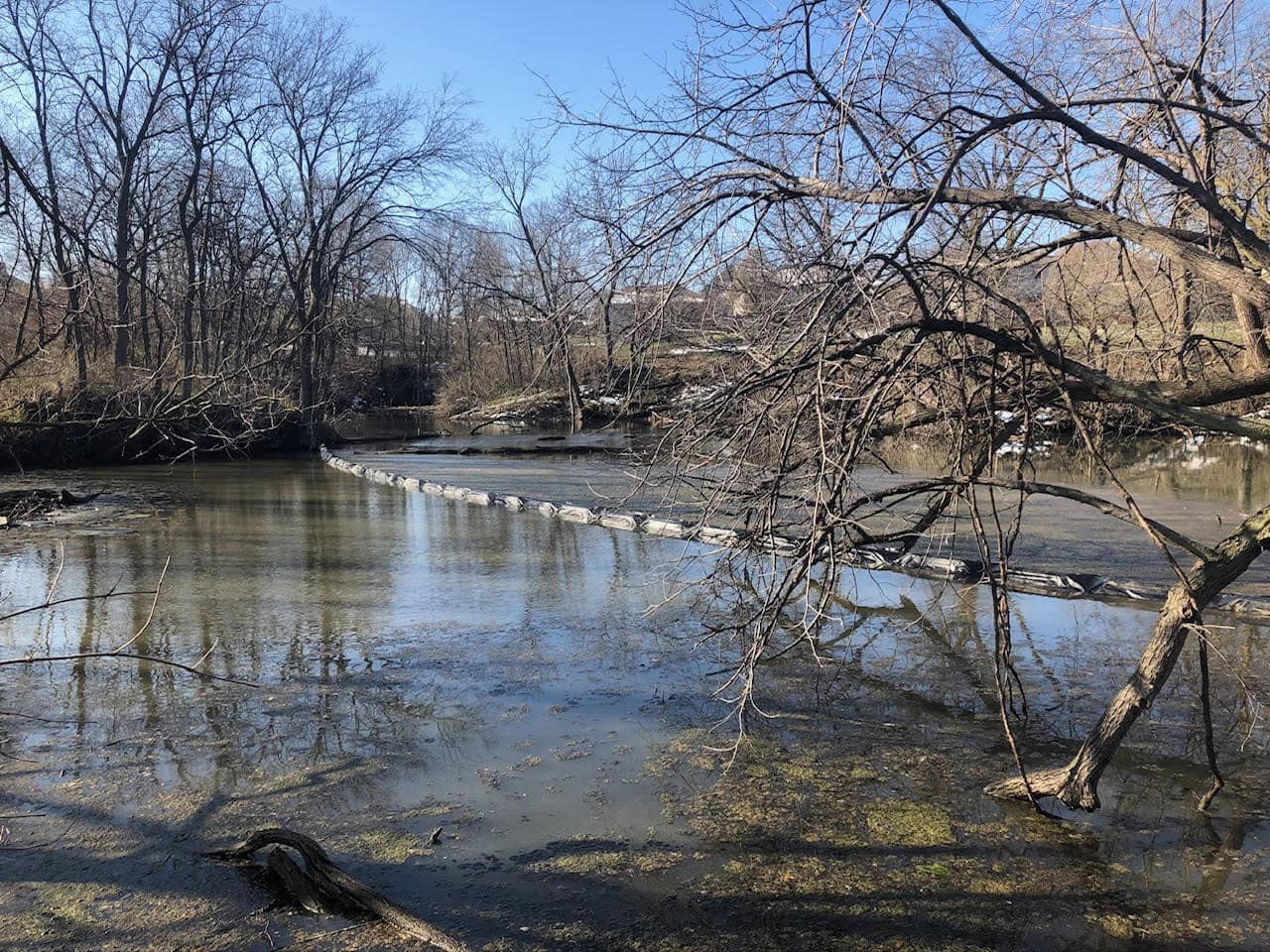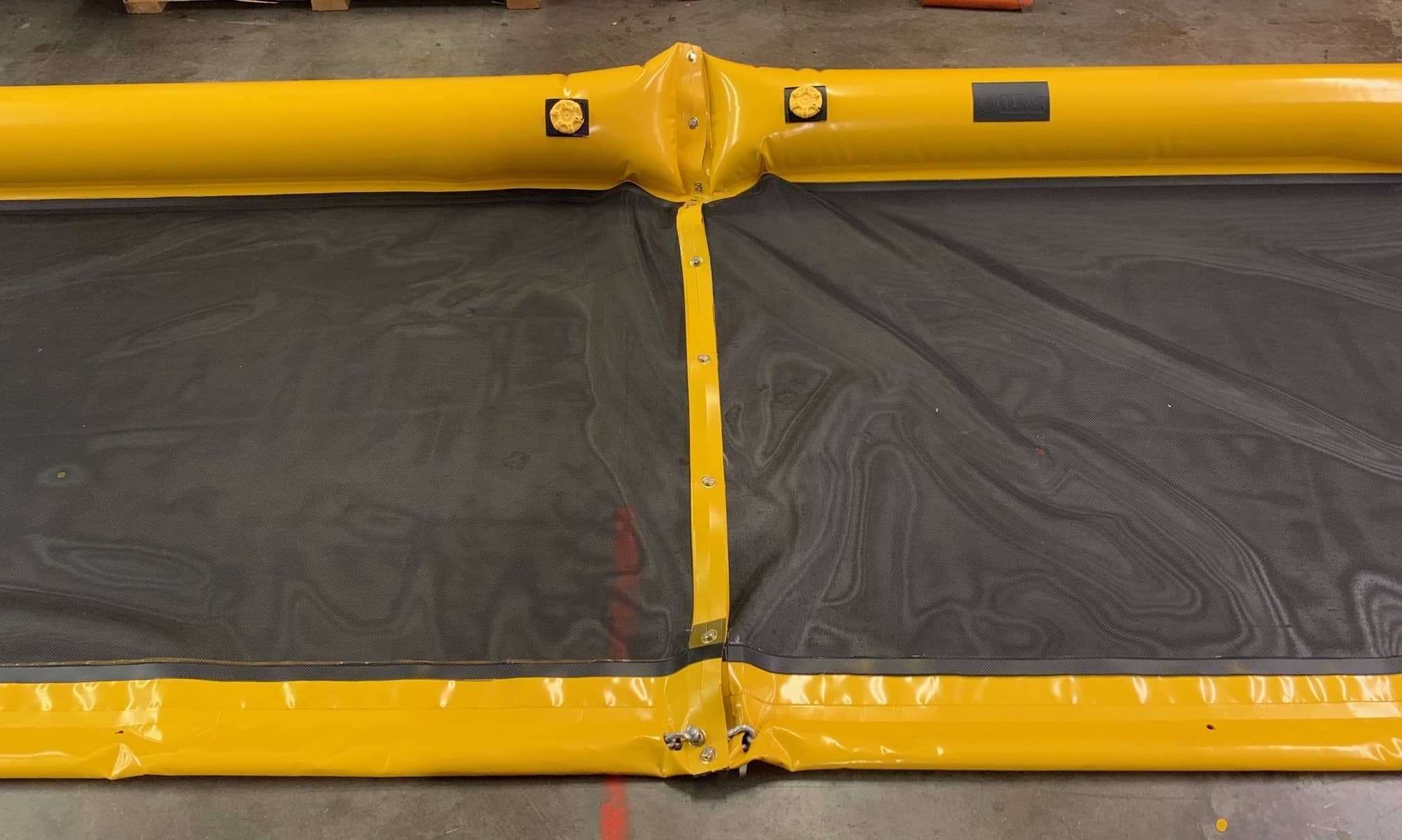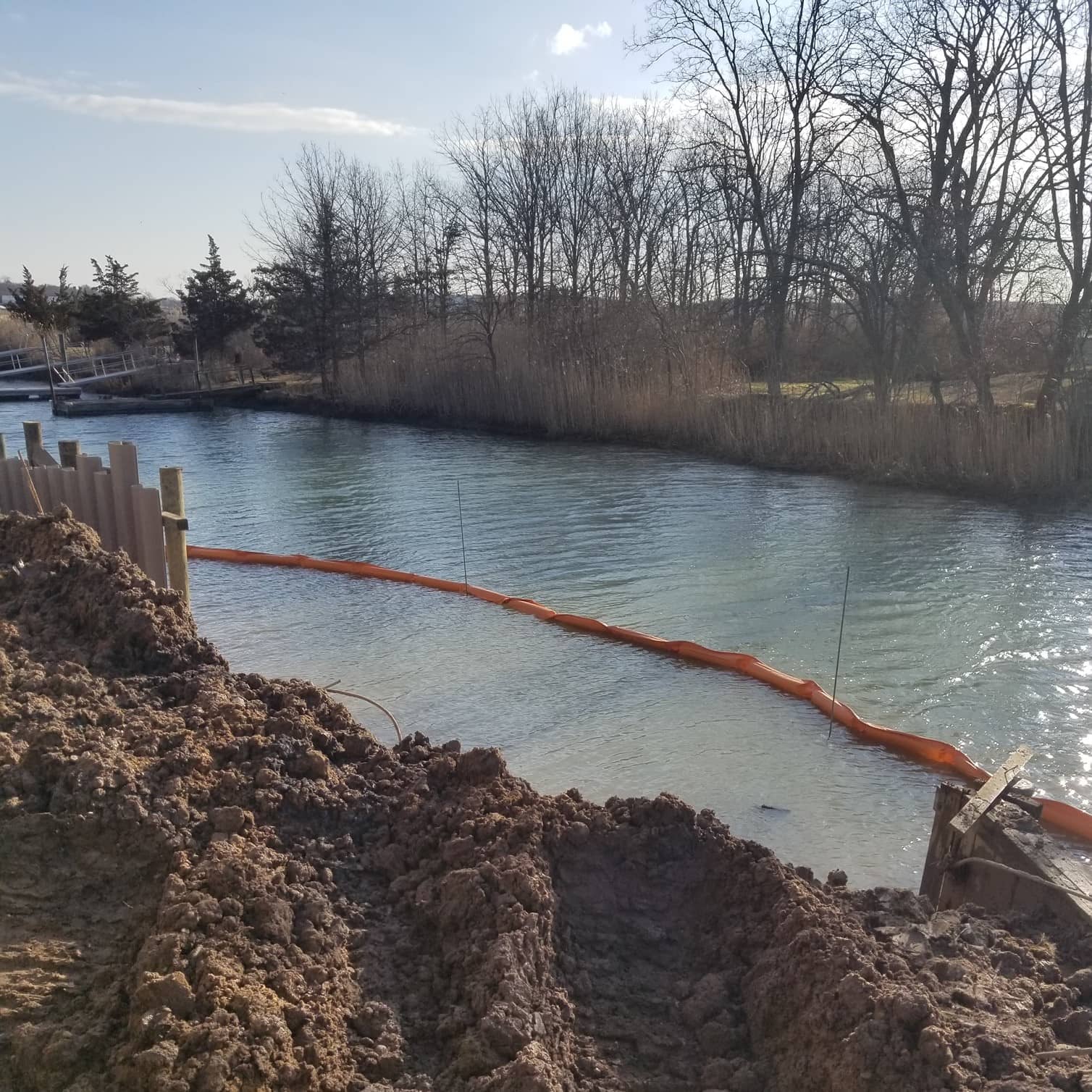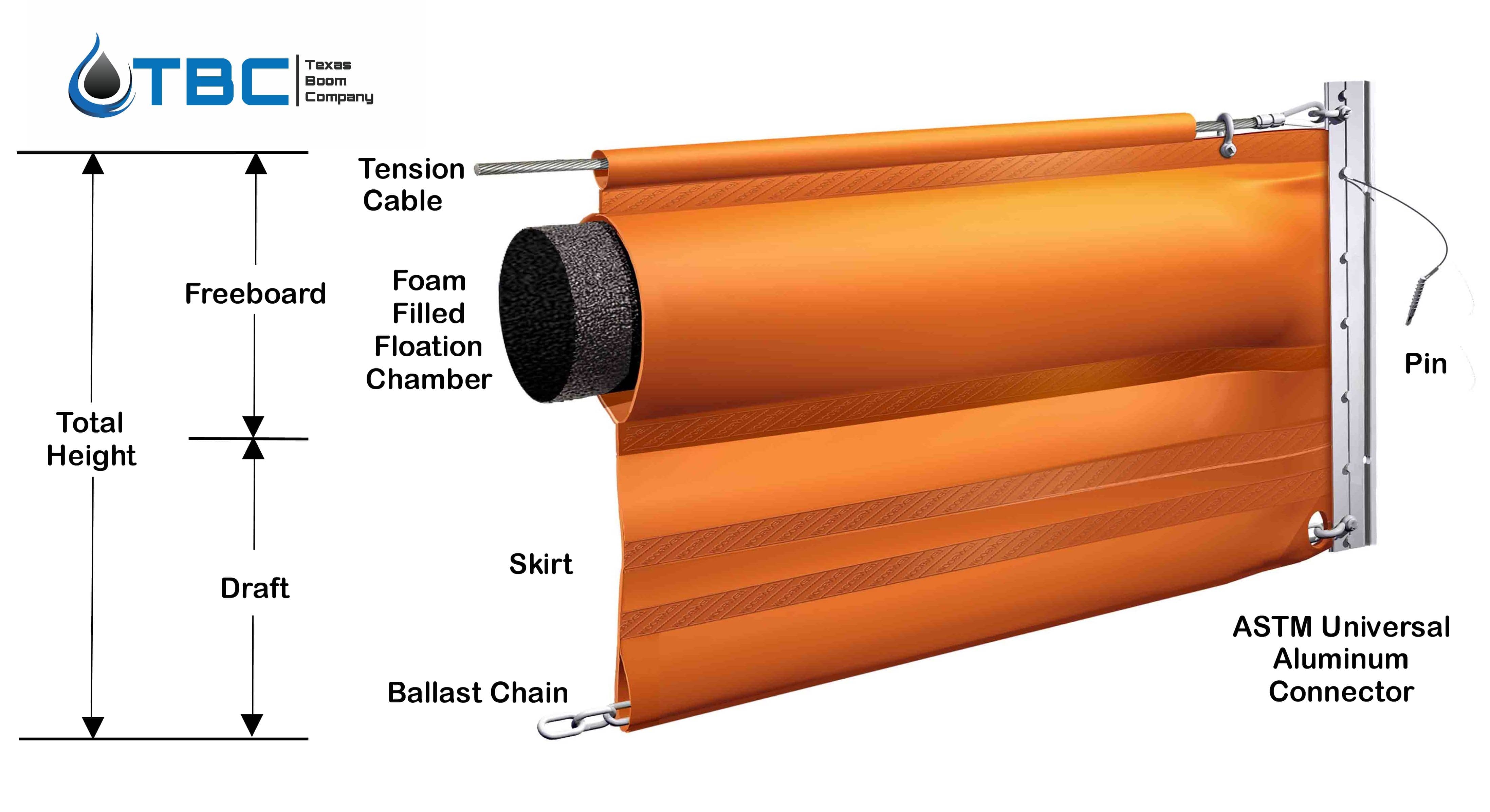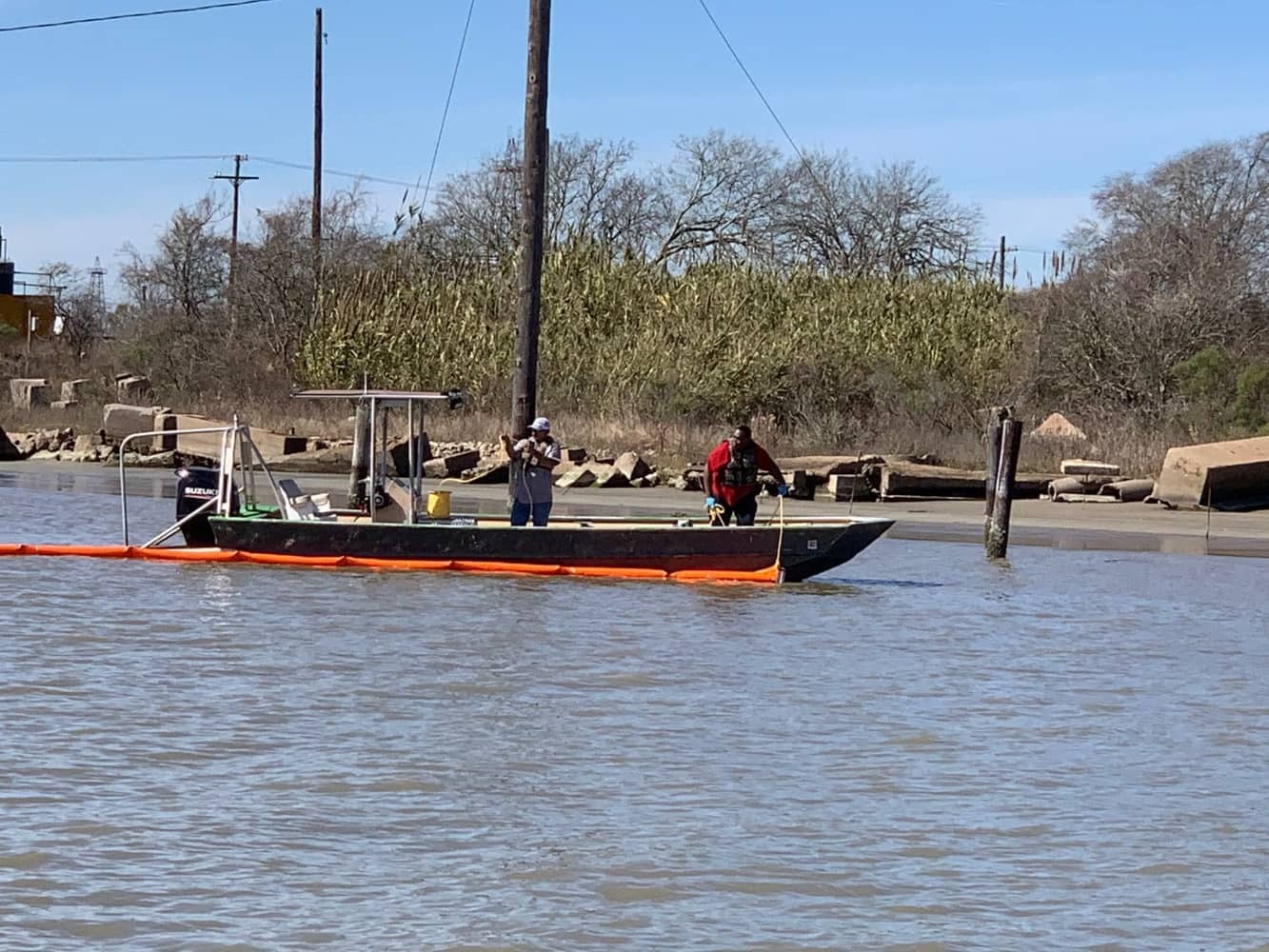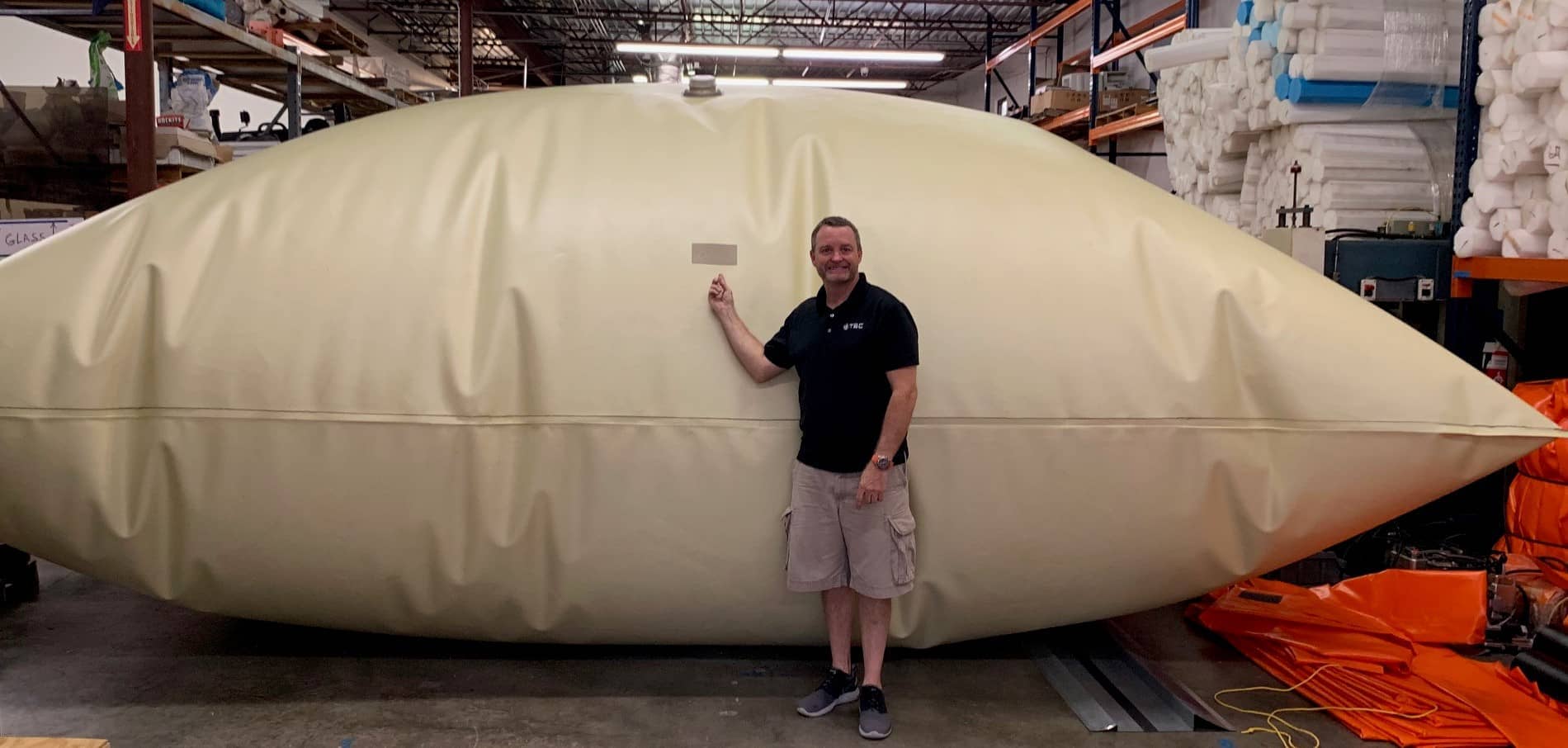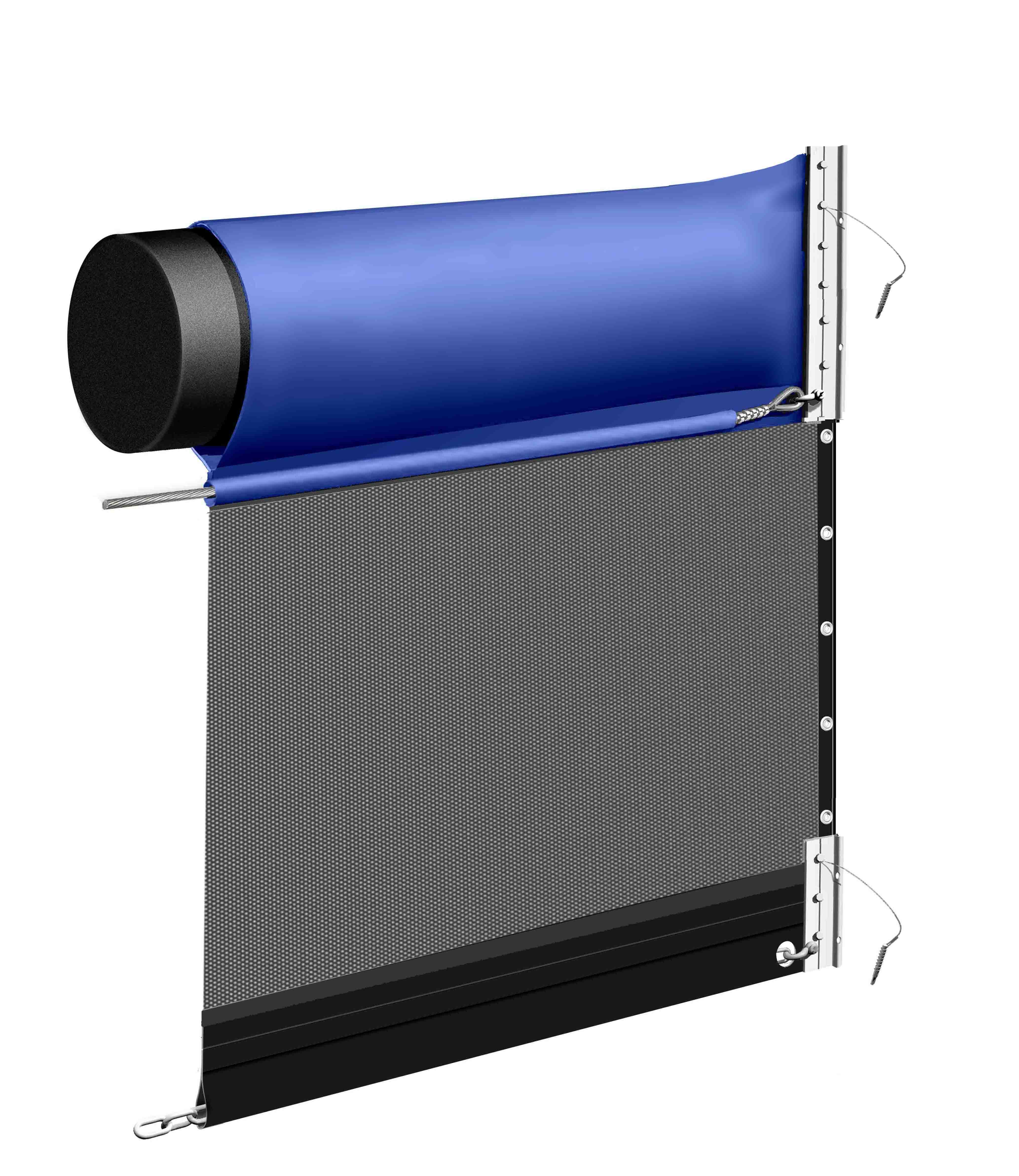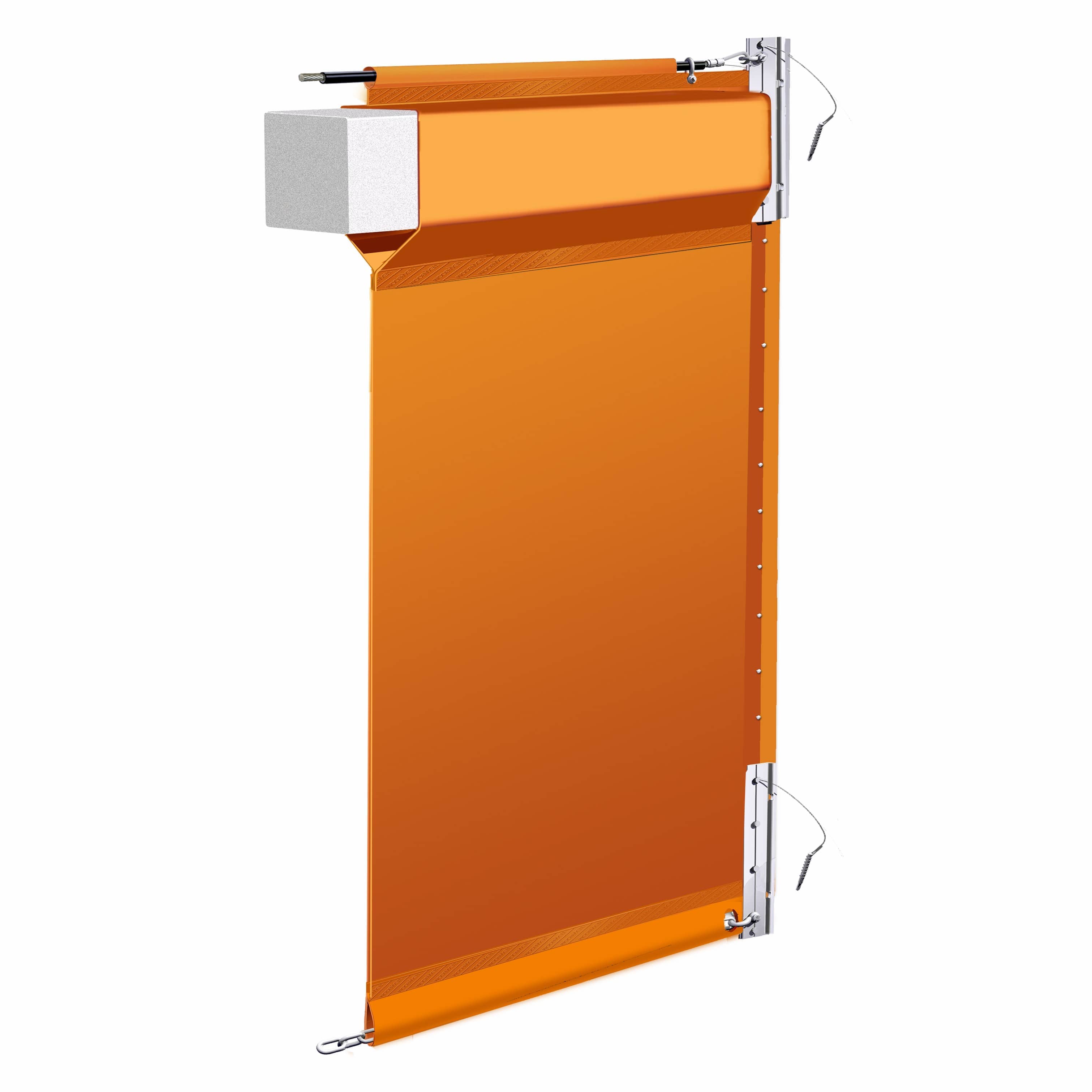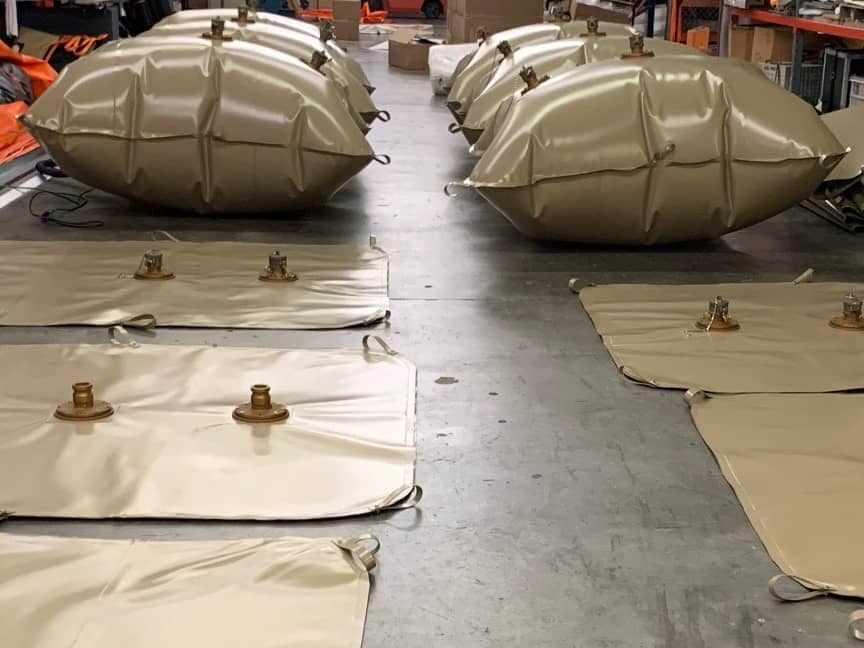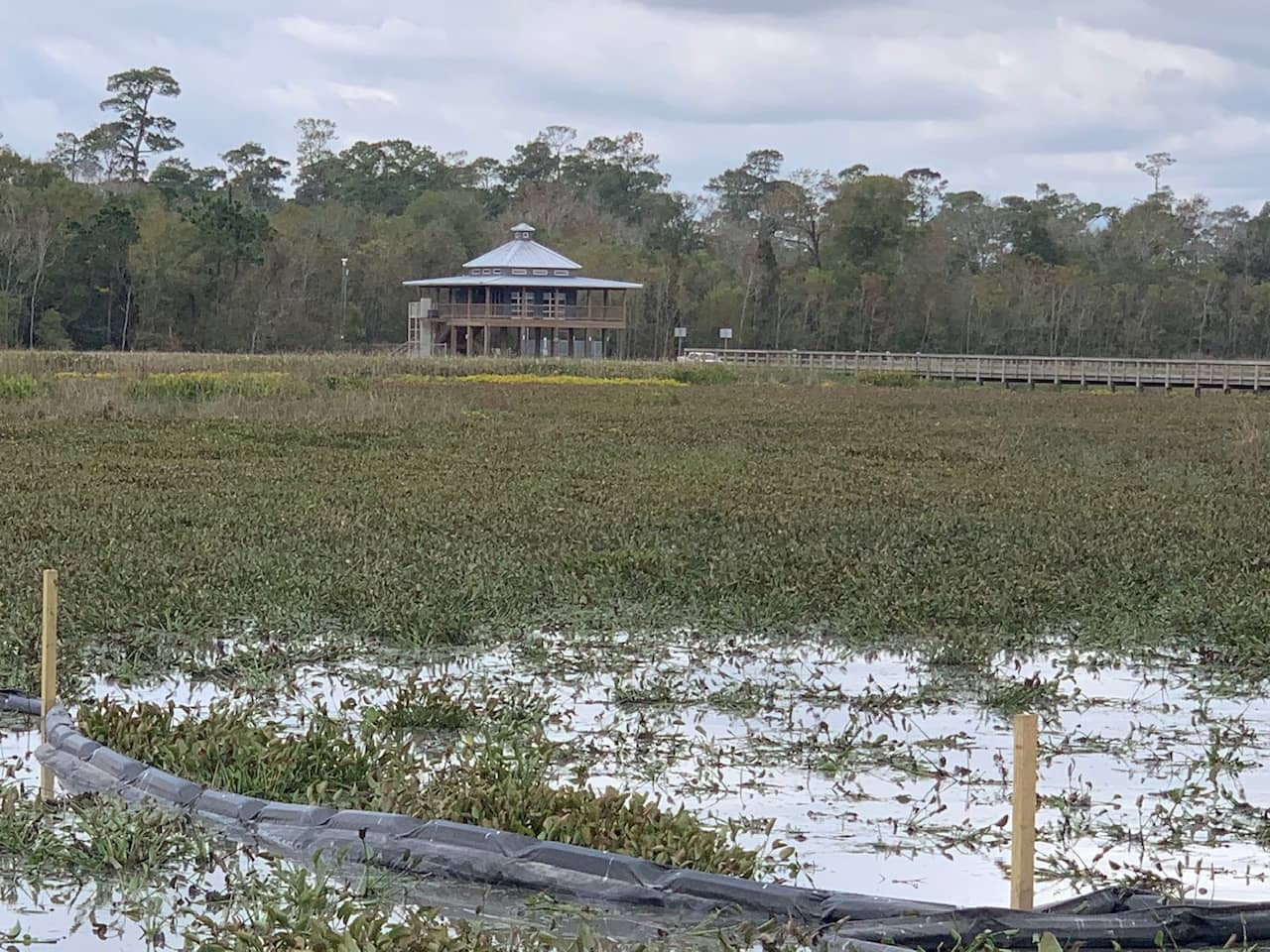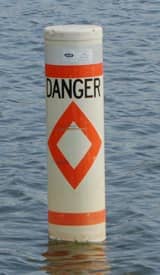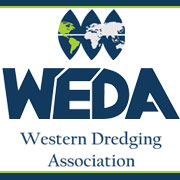Ship wrecks are an unfortunate reality in the ever expanding global marketplace. Weather, inexperienced or inattentive crews, and equipment failures can all be contributing factors. When ships do sink, capsize, or run aground, and immediate concern is the likliehood of the escape of oil, fuel, and other hydrocarbons that can have a negative impact on the environment. The damage that can be done to local wildlife, fisheries, and the ecosystem can be far reaching. In addition, we have seen numerous examples of the damage spills can do to people who are impacted; fisheries, tourism, transportation, and recreation are just a few examples.
A recent occurence of another shipping accident was the capsizing of the Palau-registered Queen Hind, a livestock transport departing Romania in route to Saudi Arabia on Novemeber 24. The crew of 30 was rescued, along with a small number of sheep that were being exported. Tragically, over 14,000 sheep died as the result of this ship overturning shortly after leaving port.
This accident emphasizes a growing concern regarding the welfare of animals being transported via long voyages aboard ships and freighters. In addition to the animals welfare, there are additional environmental and economic considerations, and a growing percentage of Europeans and voicing concern and calling on the European Union to force changes.

